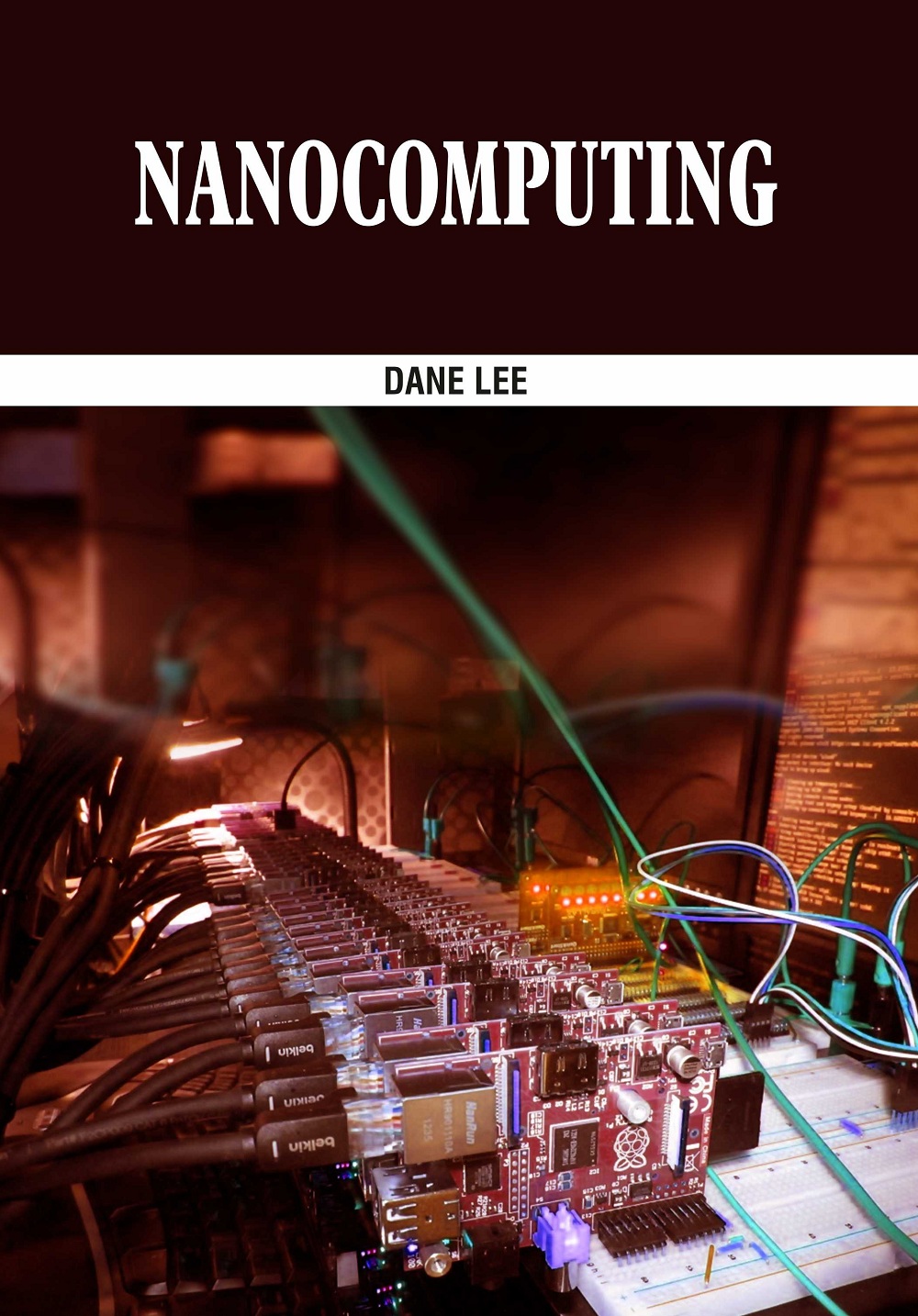Nanocomputing Dane Lee
- ISBN: 9781788820738
- Edition: 1st
- ©Year: 2020
- List Price : 160
About the Book
Nanocomputer is the logical name for a computer smaller than the microcomputer, which is smaller than the minicomputer. (The minicomputer is called"mini"because it was a lot smallerthan the original (mainframe) computers.) More technically, it is a computer whose fundamental parts are no bigger than a few nanometers. Computational nanotechnology is a powerful tool for understanding nanoparticle physics and chemistry. After carrying out a simulated experiment, theory is developed to explain the observed results, which is then validated by conducting a lab experiment. If the predicted results and the theoretical results agree, then the theory is accepted. Unexpected results from laboratory work can also be examined with theoretical methods, which often lead to the development of new theory. Electronic nanocomputers would operate in a manner similar to the way present-day microcomputers work. The main difference is one of physical scale. More and more transistors are squeezed into silicon chips with each passing year; witness the evolution of integrated circuits (ICs) capable of ever-increasing storage capacity and processing power. The ultimate limit to the number of transistors per unit volume is imposed by the atomic structure of matter. Most engineers agree that technology has not yet come close to pushing this limit. In the electronic sense, the term Nanocomputer is relative. By 1970s standards, today's ordinary microprocessors might be called Nanodevices. The book will make fascinating and useful reading for computer engineers, scientists, administrators, public policy makers, and students in a range of science and engineering discipline.
Contents: 1. Nanocomputing: Prospects and Challenges, 2. Nanocomputing with Imperfections, 3. Molecular Electronic Digital Logic, 4. Reliability and Reversible of Nanocomputing, 5. Nanoscale Quantum Computing, 6. QCA Designer Software and QCA Implementation, 7. Nanocomputer Architectures, 8. Molecular Mechanics in Nanocomputing, 9. Chemical and Biochemical Nanocomputing
Dane Lee is a Lecturer at the Faculty of Engineering. He received an M.S. in mechanical engineering, M.S. in mechanics and a Ph.D. in mechanical engineering. He is a technology-managing consultant for various companies too. He has also worked as head of operations, where he instigated worldwide transformations based on the intensive use of IT, telecommunications and digital technologies. He has authored many technical books, handbook chapters and technical papers in refereed journals. This book will help scientists, researchers and professionals in related disciplines to understand the fundamentals of this upcoming domain.

